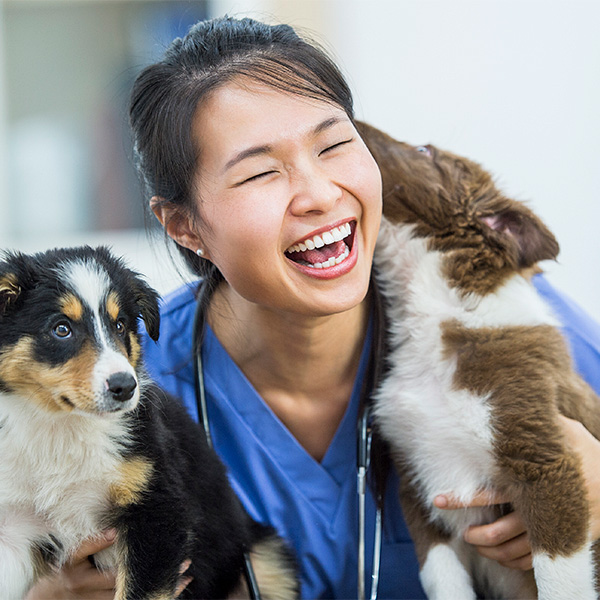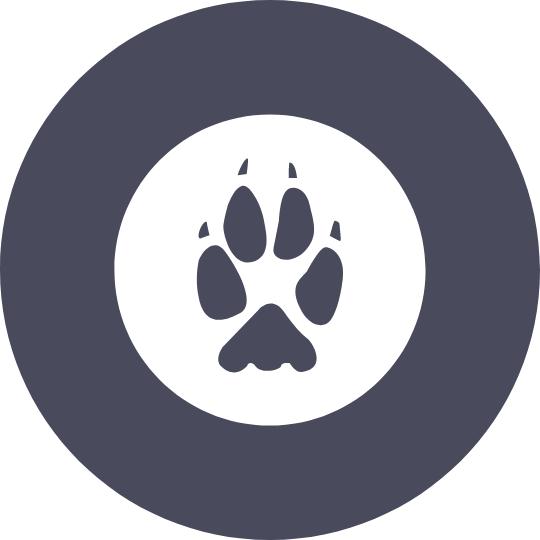Veterinary cardiology
Authored by Dr Marco L. Margiocco.
Our field of specialization has evolved over the past two decades to respond to the need to provide specialized diagnostics and treatment options for the management of heart disease, a condition that affects approximately 10% of dogs and a not well known number of cats.
In order to become a veterinary cardiologist a veterinarian, after completion of at least a one year internship, must undergo a three year training program and take and pass a two day examination.
What do veterinary cardiologists do? What does a typical day in a veterinary cardiology service look like?
Well, there are two major areas, called invasive and non-invasive cardiology. In general, cardiologists are not trained surgeons, therefore do not perform traditional surgical procedures that imply direct access to the chest. If open chest surgery is needed to treat a patient with a cardiac condition, the operation is performed by a board-certified surgeon, in strict collaboration with a cardiologist.
Therefore, the term invasive cardiology is not synonymous with cardiac surgery, but refers to the “key-hole” procedures cardiologists are trained to perform. These invasive procedures consist of performing different types of intervention on the heart and large blood vessels with the use of special, long catheters or other devices, introduced from a peripheral vein or artery all the way to the heart. These veins or arteries are usually accessed by means of a small (2-3 cm) incision in the skin or just using a needle (like in a normal blood draw). These “catheter-based” procedures can aim at closing a communication that abnormally persists after birth (such as a Patent Ductus Arteriosus or PDA), opening up a valve that is too narrow to function properly (such as Pulmonary Valve Stenosis), remove parasites from the blood vessels of the lungs (Heartworm disease) or foreign bodies from the circulation (such as a broken piece of a venous catheter). Another very common invasive procedure performed by veterinary cardiologists is the implantation of artificial pacemakers used to regulate the heart beat in dogs affected by abnormally slow heart rates. In this case a small electronic device (the pacemaker itself) is positioned under the skin of the neck and a special electric “cable” is inserted in a vein of the neck and its tip is positioned within the heart. Again, another “key-hole” procedure to intervene on the heart without the need for more extensive surgery.
The other area, the so called non-invasive cardiology, comprises everything else veterinary cardiologists do. It consists of conducting a physical examination of the patient suspect for cardiac disease, recording blood pressure, and electrocardiogram (ECG or EKG), chest radiographs and, most importantly a complete echocardiogram (or cardiac ultrasound). Echocardiography represents the single, most important advancement in cardiac diagnostics of the last decade. It allows for a thorough assessment of the anatomy (i.e. shape and size) and function of the heart. A special technique, called Doppler, also allows for the visualization of direction and velocity of blood flow and for the estimation of internal pressures, without the need for direct measurements, that would necessitate the insertion of a catheter.
Overall, many of the diagnostics, procedures and treatment options that represent the standard of care in pediatric and adult cardiology, are also possible for your pets anywhere a board-certified veterinary cardiologist is available.

